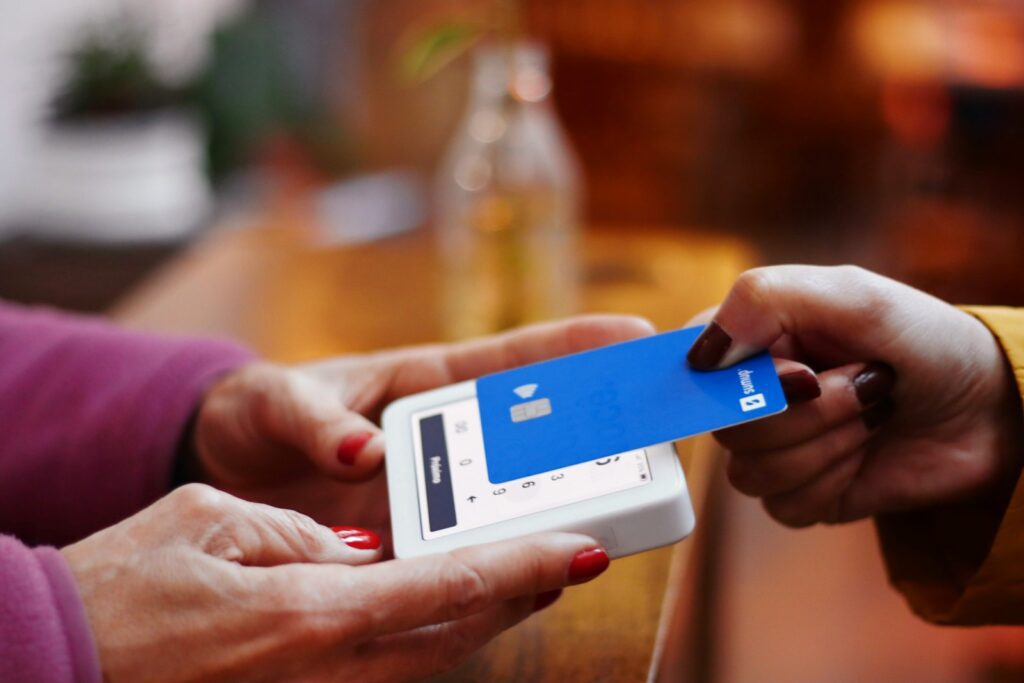In the digital age, where competition is fiercer than ever, the customer loyalty through marketing is proving to be an essential strategy for companies wishing to stand out from the crowd and ensure their long-term growth. This article explores effective methods for strengthening customer loyalty and encouraging them to become active promoters of your brand.
Understanding customer loyalty
Customer loyalty is not just a post-sales process; it begins with the very first interaction between the company and the consumer. Various marketing strategies play a crucial role along the way.
Personalization is key
Personalizing interactions and offers is a powerful lever for building customer loyalty. Thanks to customer data analysis, companies can offer tailor-made experiences that not only meet customers' explicit needs, but also anticipate their future desires. This reinforces the feeling of being unique and valued by the company.
Loyalty and Rewards Program
Implementing an effective loyalty program is another proven strategy for keeping customers engaged over the long term. Rewards, whether in the form of discounts, exclusive offers or early access to new products, encourage not only repeat purchases but also the feeling of belonging to an exclusive community.
Ongoing, relevant communication
Regular, meaningful communication with customers is essential. It should not be intrusive, but provide added value, whether in the form of educational content, important updates or inspiring brand-related stories. This helps maintain a relationship of trust and closeness.
After-sales service: a pillar of customer loyalty
Responsive and attentive after-sales service contributes significantly to customer satisfaction and loyalty. The way companies handle complaints and problems can turn a negative experience into an opportunity to strengthen customer trust in the brand.
By integrating these elements into their strategy, companies can not only build customer loyalty, but transform them into true brand ambassadors.
Marketing's role in building customer loyalty
Marketing plays a central role in the customer loyalty process, thanks to its ability to create lasting bonds between brands and their customers. When used wisely and strategically, marketing techniques can transform the customer experience and encourage greater loyalty.
Engaging content strategies
Quality, relevant and engaging content is at the heart of a successful loyalty strategy. By providing your customers with useful, entertaining and educational information, you create added value that goes beyond the simple purchase of products or services. A blog, newsletters or tutorial videos are all tools for keeping customers engaged and reinforcing their attachment to the brand.
Using social networks for direct engagement
Social networks offer a unique platform for interacting directly with customers. They create a community around the brand, encourage dialogue and humanize interactions. An active, responsive presence on social networks strengthens customers' sense of belonging and long-term loyalty.
Analysis and segmentation for targeted campaigns
Customer data analysis is crucial to understanding customer behavior, preferences and needs. This understanding makes it possible to segment customers and personalize marketing campaigns. Targeted offers and communications increase the effectiveness of loyalty campaigns, ensuring that the right message reaches the right customer at the right time.
Creating a seamless omnichannel experience
An omnichannel approach ensures a consistent, seamless customer experience across all touchpoints and communication channels. Whether in-store, online or via mobile, the experience must be integrated and seamless. A successful omnichannel customer experience strengthens loyalty by making the brand easily accessible and always relevant.
By optimizing the use of marketing in these different areas, brands can not only increase the satisfaction of their existing customers, but also attract new customers through recommendations and positive reviews. Loyalty thus becomes a sustainable growth driver for the company.
Measuring success
To evaluate the effectiveness of loyalty marketing strategies, it is essential to set up key performance indicators (KPIs). These indicators make it possible to measure success and identify areas requiring adjustment. Here are some crucial KPIs for evaluating customer loyalty:
Customer retention rate
The customer retention rate measures the percentage of customers who stay with your brand over a given period. It's a key indicator of the effectiveness of your customer loyalty efforts. A high rate means that your customers are satisfied and loyal.
Customer Lifetime Value (CLV)
CLV is a projection of the total value generated by a customer throughout their relationship with your company. Optimizing CLV is central to loyalty strategies, as it means increasing the revenue generated by each customer.
Campaign response rate
This KPI measures the effectiveness of your loyalty campaigns, looking at the percentage of customers who respond to your calls to action. A high response rate indicates that your message resonates well with your audience.
Customer satisfaction (CSAT) and Net Promoter Score (NPS)
CSAT and NPS are direct measures of customer satisfaction and loyalty. CSAT assesses customers' overall satisfaction with your product or service, while NPS measures the likelihood of them recommending your brand.
Analysis of customer feedback
Beyond the numbers, qualitative analysis of customer feedback is essential. This means examining comments, opinions and recommendations to understand the customer experience and identify areas for improvement.
By regularly monitoring these indicators, companies can adjust their loyalty strategies to better meet customer expectations, improve satisfaction and, ultimately, increase customer loyalty. This in turn creates a solid, committed customer base, essential to the company's growth and longevity.
Visit customer loyalty through marketing is more crucial than ever in 2024. By placing the customer experience at the heart of your marketing strategy, you not only retain your existing customers, but also create a virtuous circle of word-of-mouth promotion, essential for attracting new prospects. Investing in customer loyalty is therefore not only beneficial for customer retention, but also for the overall health of the company.











